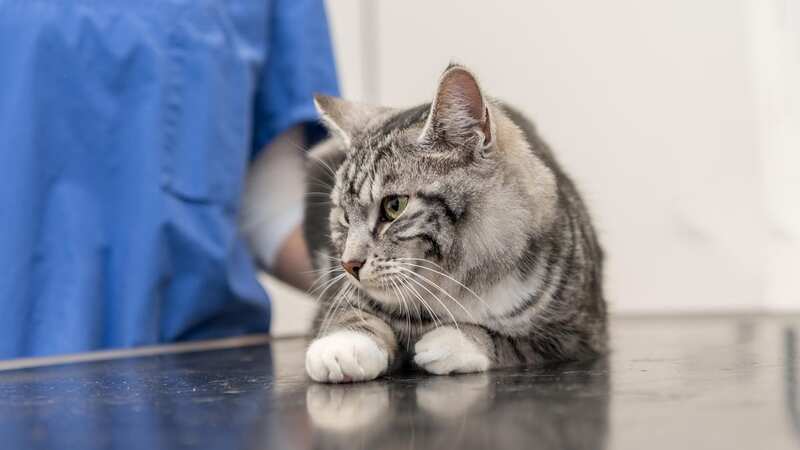Why are UK vets being investigated, and are pet owners paying too much?

The UK's competition watchdog is launching a probe into the vet industry amid worries that pet owners might be paying over the odds.
With more than half of all UK homes having a pet, vet services are used by a large number of people. Here, we take a look at what's going on and what it means for those with pets.
Why are vets being looked into?
The Competition and Markets Authroity (CMA), which deals with unfair practices across various industries, started a review of the UK vet sector in September to examine customer experiences and business practices for household pets. They were concerned that pet owners aren't getting easy access to information about prices and treatment options when choosing a vet and deciding what services to buy.
They also wanted to see if customers are being affected by the growing power of big corporate vet groups and local markets with few competitors. After an initial review, they decided to start a more formal investigation into the industry to see if changes need to be made.
 Furious chimp launches bottle at girl filming him leaving her bleeding at zoo
Furious chimp launches bottle at girl filming him leaving her bleeding at zoo
What does 'few competitors in local markets' mean, and why does it matter for vets?
Market concentration is about how many competitors are in a specific market. The fewer companies there are, the more concentrated the market is. Almost 60% of vet practices in the UK are owned by big groups, up from about 10% ten years ago, and many are still looking to grow.
Since 2013, 1,500 of the 5,000 vet practices in the UK have been bought by the six big corporate groups: CVS, IVC, Linnaeus, Medivet, Pets at Home and Vet Partners.nIn areas where most of the vet practices are owned by one big group, this could limit choice for pet owners who usually choose practices close to home, the regulator said.
It also pointed out the control of big companies over several areas of veterinary care, including specialist referral centres, out of hours care and diagnostic labs, alongside general practices. This could potentially be leading to higher prices, less choice, lower quality services and independent competitors being forced to shut down.
Are vets charging customers too much?
One of the main worries that the CMA raised in its review is that pet owners may not be given basic information like price lists and prescription costs by their vet. It found that about 80% of the vet practices it checked do not display prices on their website, even for the most basic services.
It also raised concerns that vets were not making clear to pet owners that they can buy medicine elsewhere after getting a prescription, meaning they are missing out on potential savings from shopping around. Around 25% of pet owners did not know that getting a prescription filled elsewhere was an option, according to the report.
Some vets may makeup to a quarter of their income selling medicines, which the CMA warned could mean there is little incentive to make pet owners aware of alternatives.
What have the large vet groups said?
Pets At Home, which says it is the UK's leading pet care business, said it was disappointed by the CMA's findings because it does not think it reflects its business model based on locally-owned vet practices. "Whilst our brand is national, our veterinary practices are led by individual entrepreneurial vets who have clinical and operational freedom," a spokeswoman said.
 Scientists plan to ‘de-extinct’ the Dodo and release it back into the wild
Scientists plan to ‘de-extinct’ the Dodo and release it back into the wild
"They choose all pricing, products and services to ensure the best care for clients and their much-loved pets in their local area, which promotes competition in the market and helps to keep prices low."
CVS Group saw its share price tumble by nearly a quarter on Tuesday following the news. The vet group said it had engaged "constructively and proactively" with the CMA and had "put forward a package of possible remedies to address its concerns".
It added: "CVS continues to believe this package could be adopted across the market and could address the CMA's concerns more quickly than an 18-month investigation."
Read more similar news:
Comments:
comments powered by Disqus

































